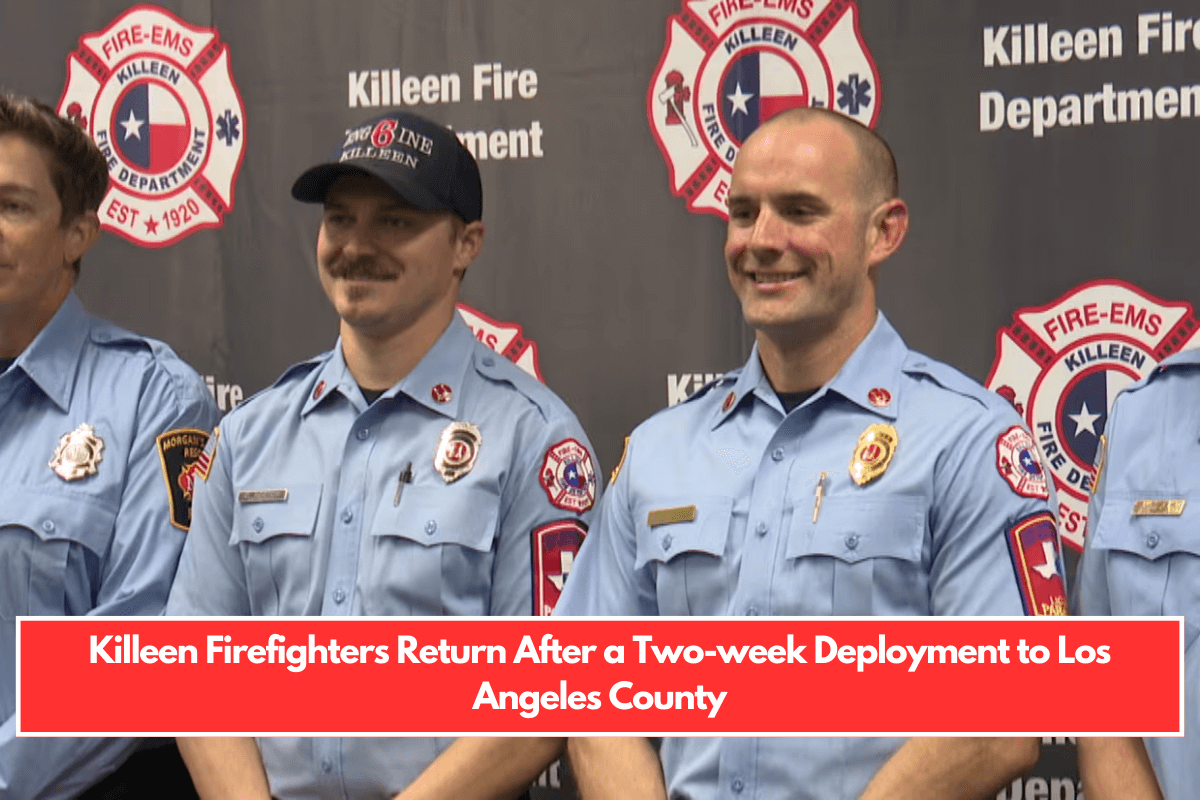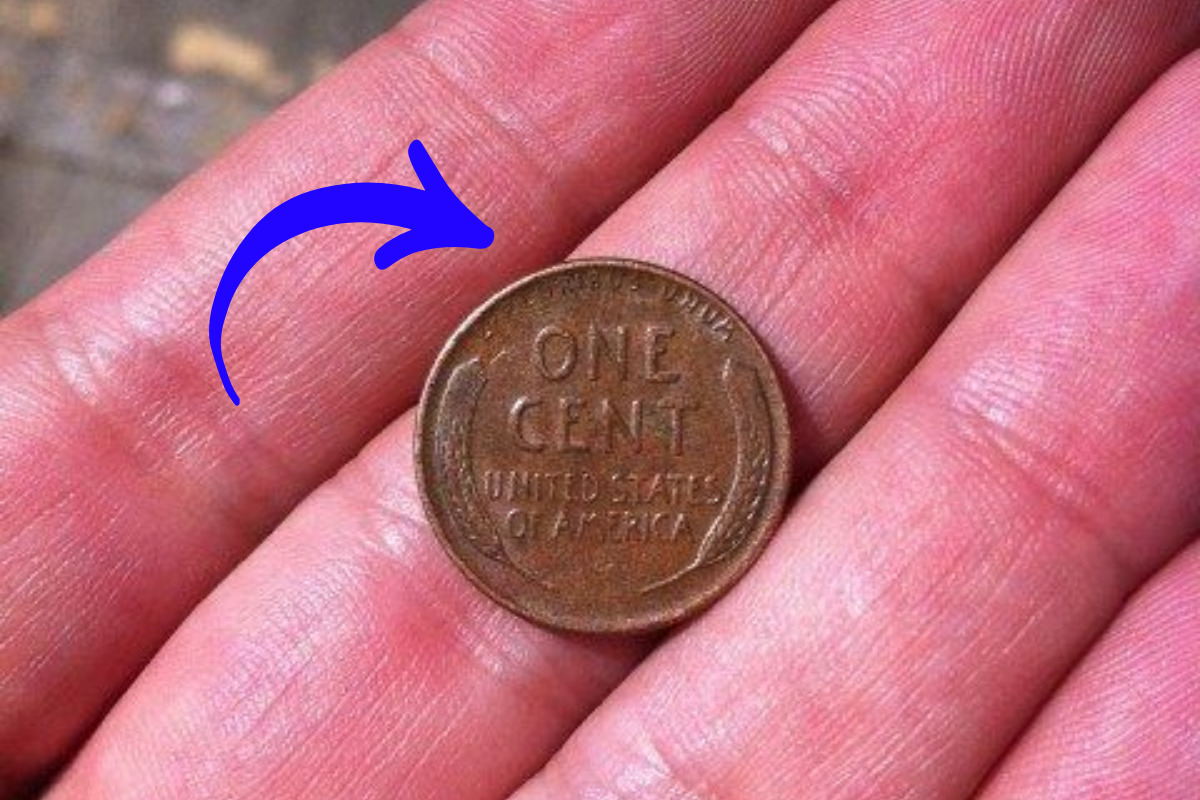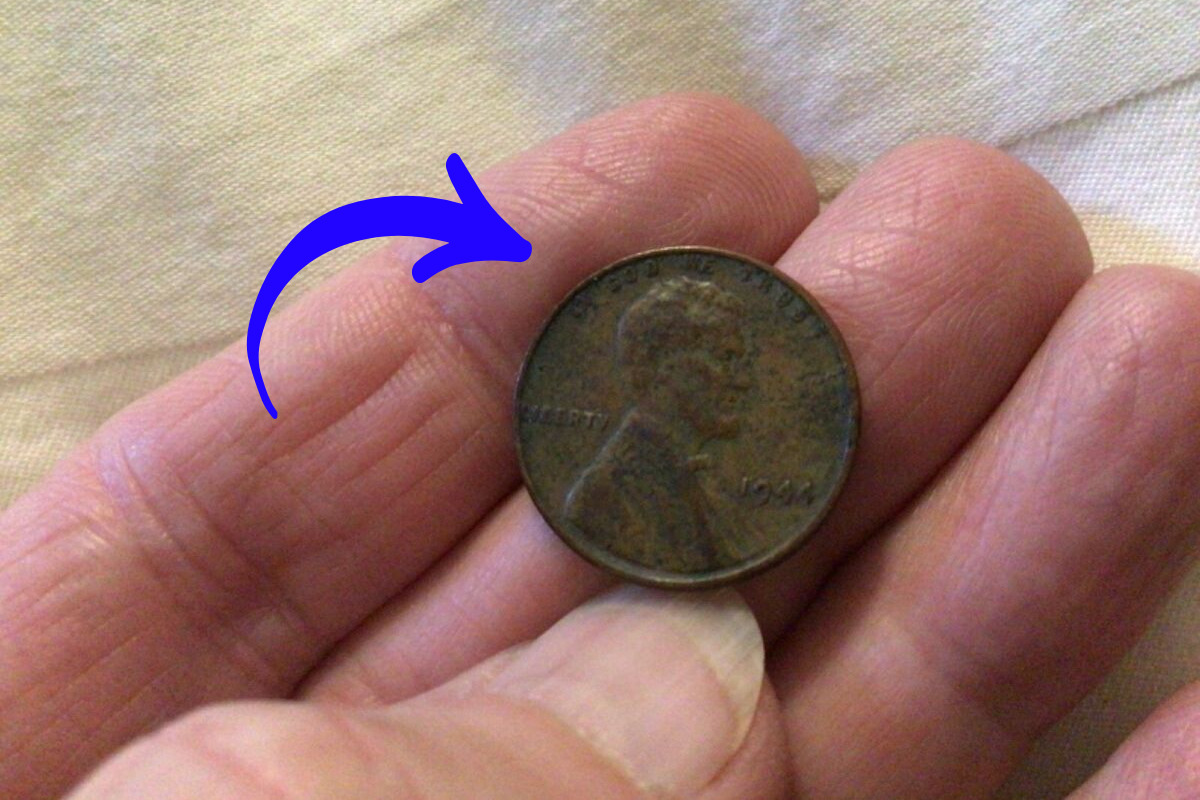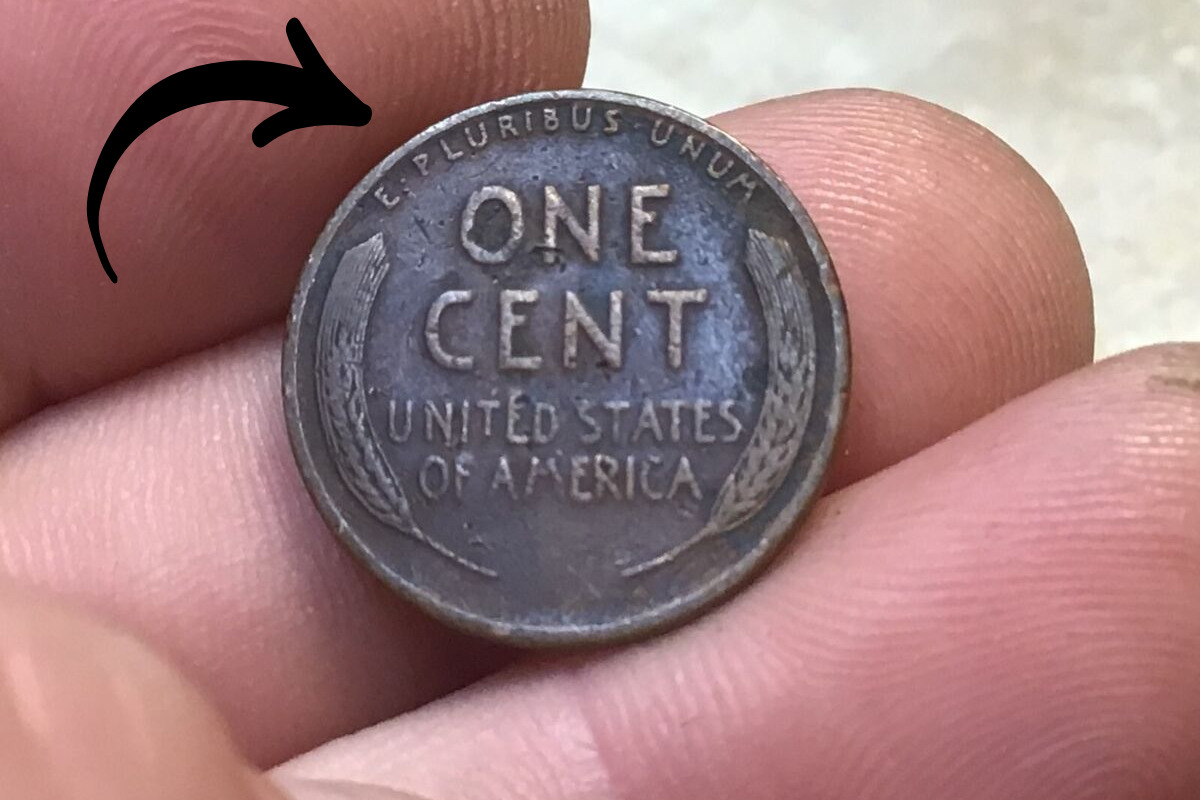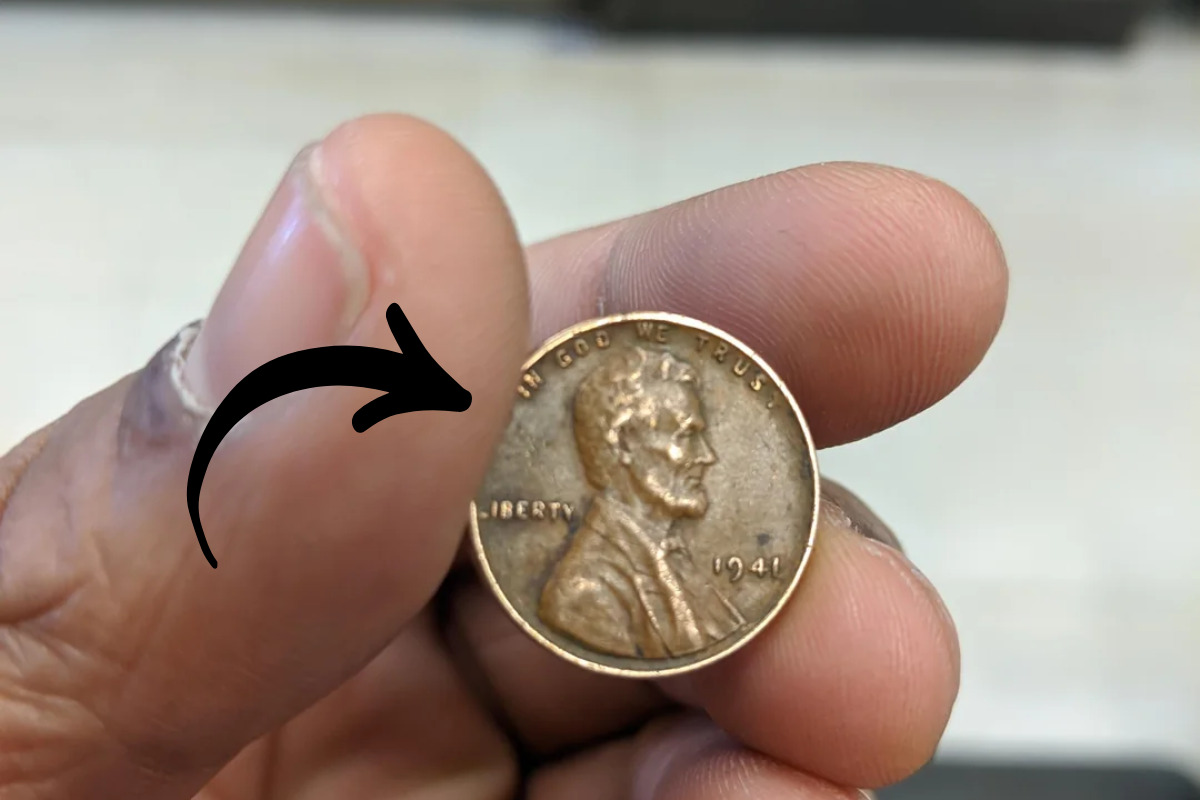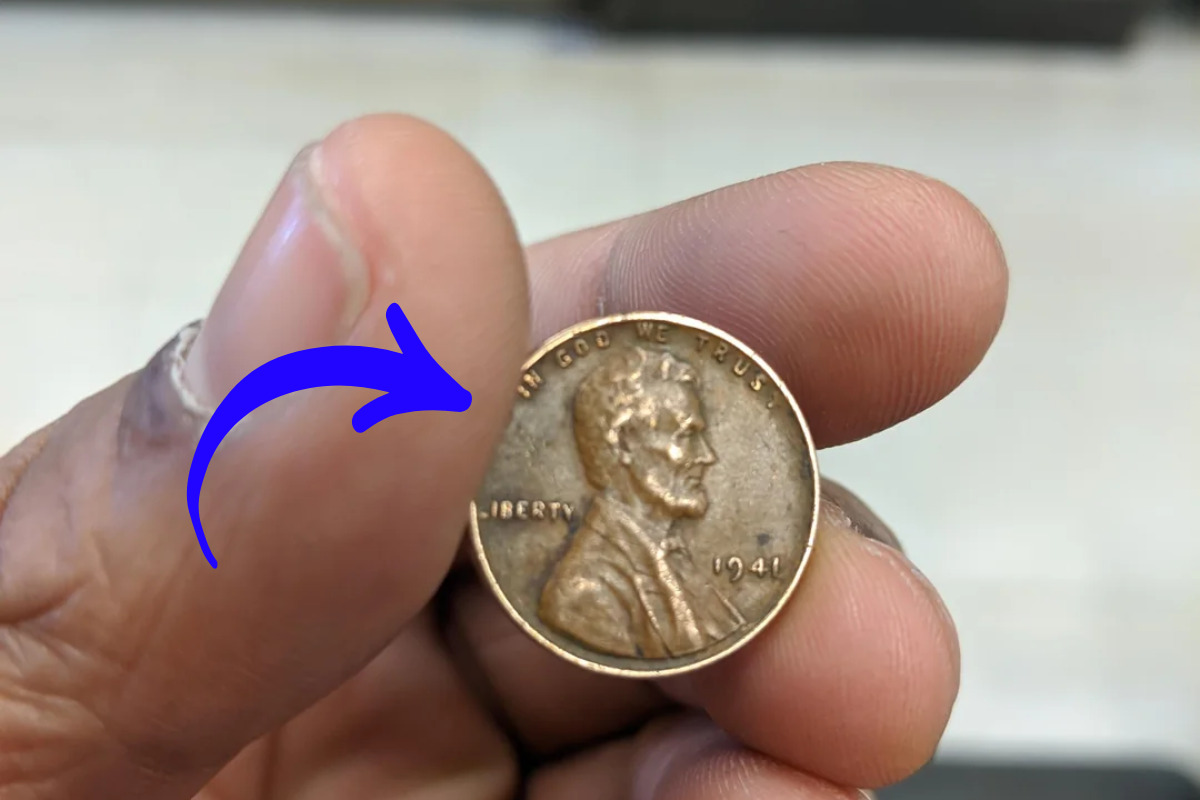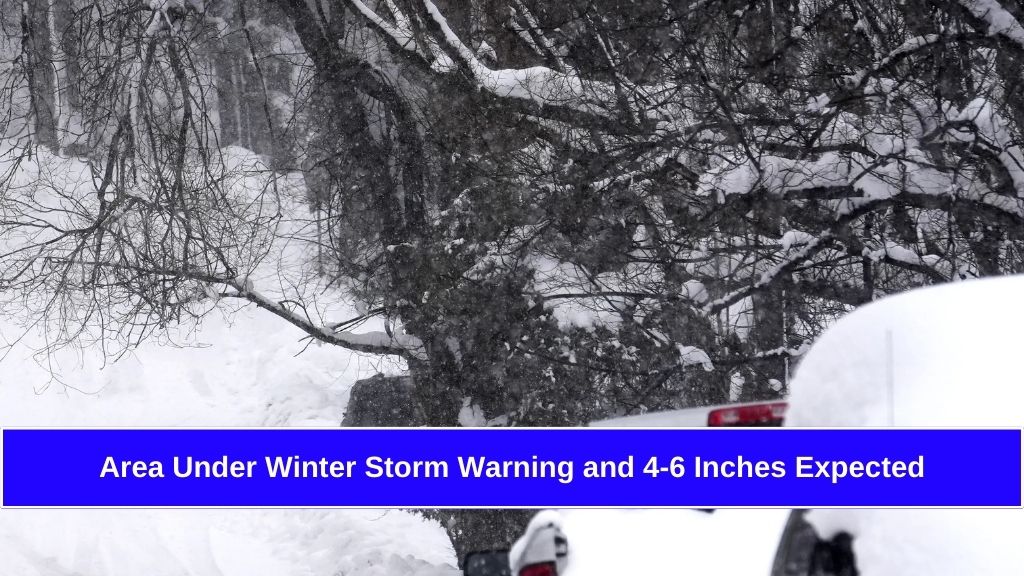KILLEEN, Texas (KWTX) – Earlier this month, California faced massive wildfires that claimed the lives of at least 29 people, destroyed entire communities, and scorched tens of thousands of acres. Fire departments from across the country, including Central Texas, responded swiftly to assist in containing the fires and evacuating affected residents.
Among the brave responders were Killeen firefighters Jason Wuest, Marcus Stillwell, and Chris Poston, along with Katherine Myers from the Morgan’s Point Fire Department. The crew has now returned home safely after playing a crucial role in the national response to these historic wildfires.
A Devastating Scene on the Front Lines
Describing the devastation, firefighter Jason Wuest shared, “It was hard to take in, devastating to see complete blocks of homes and businesses that were completely gone.” The destruction was overwhelming, with neighborhoods reduced to ash and communities left unrecognizable.
The team’s primary role was to patrol fire lines—areas where fires had already passed—to identify and extinguish any lingering hot spots that could reignite. This task was critical in preventing flare-ups and ensuring the safety of nearby areas.
Adapting to California’s Challenging Conditions
California wildfires differ greatly from those in Texas due to unique factors like rugged terrain and strong, unpredictable winds. These conditions required the Texas crew to adapt quickly and learn new firefighting techniques.
Chris Poston reflected on the experience, saying, “It was exciting to see how they operate there, just the amount of logistics that goes into them operating a fire. We had almost 6,000 personnel.” The sheer scale of the response was impressive, with thousands of firefighters, support staff, and equipment working together seamlessly.
From the check-in process to demobilization, the crew praised California’s fire support teams for their efficiency and organization. Their well-coordinated efforts ensured that resources were deployed effectively, and the response ran smoothly despite the overwhelming conditions.
The Emotional Return Home
After days of facing intense heat, smoke, and danger, the firefighters expressed gratitude for the support they received from both their teams and their families. Katherine Myers shared, “The home load was nice. Getting to sleep in your own bed was probably the best part, and then just kind of rolling back in and getting things back in your normal routine.”
For Chris Poston, returning home meant instantly stepping back into his role as a dad. “As soon as I left the station, I went home and went to my kid’s soccer practice. So, getting back to being dad was nice,” he said with a smile.
National Cooperation in Action
The deployment of Killeen’s fire team was part of the Emergency Management Assistance Compact (EMAC)—a national mutual aid system that allows states to share resources during emergencies. This system, coordinated with the Texas Division of Emergency Management, ensures that help can be dispatched quickly when disaster strikes anywhere in the country.
Their mission also included staffing a fire engine, highlighting the importance of collaboration across states when facing disasters of this magnitude.
The return of Killeen’s firefighters serves as a reminder of the bravery and dedication of first responders across the nation. Their willingness to face life-threatening situations far from home showcases the spirit of service and solidarity that defines emergency response teams. As communities in California begin the long process of recovery, the efforts of these heroes will not be forgotten.
FAQ
Who were the Killeen firefighters involved in the California wildfire response?
Jason Wuest, Marcus Stillwell, and Chris Poston from Killeen, along with Katherine Myers from Morgan’s Point, participated in the response.
What was the role of the Killeen firefighters in California?
Their role was to patrol fire lines, monitor for hot spots, and prevent flare-ups in previously burned areas.
How do California wildfires differ from Texas wildfires?
California wildfires are influenced by rugged terrain and strong winds, requiring different firefighting techniques compared to Texas.
How was the deployment coordinated?
The deployment was part of the Emergency Management Assistance Compact (EMAC), a national mutual aid system connected to the Texas Division of Emergency Management.
What did the firefighters say about returning home?
They expressed relief and gratitude, highlighting the joy of reuniting with their families and returning to daily routines.
